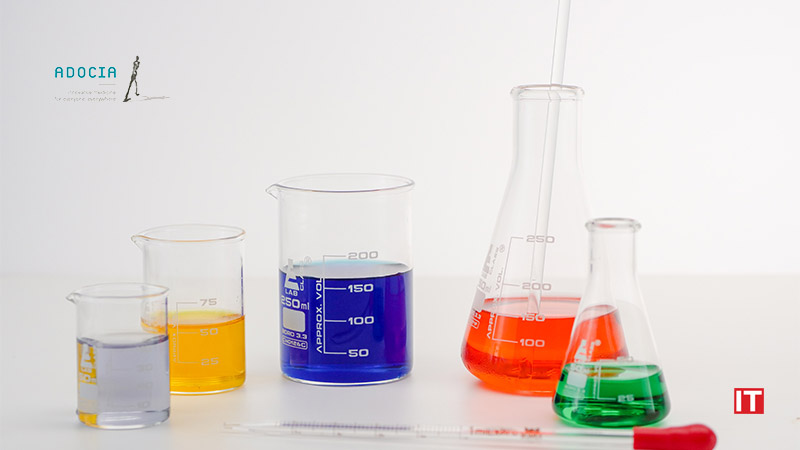Adocia, a clinical-stage biopharmaceutical company focused on the research and development of innovative therapeutic solutions for the treatment of diabetes and other metabolic diseases, announced today the dosing of the first patient with the BioChaperone® Lispro (“BC Lispro”) Phase 3 study. BC Lispro belongs to the last generation of Ultra-Rapid Insulins together with Fiasp® (Novo Nordisk®) and Lyumjev® (Eli Lilly®).
“We are proud to be one of the very few companies bringing an innovative insulin from lab to phase 3” said Olivier Soula, Adocia’s Deputy CEO & R&D Director, “Congratulations to our partner Tonghua Dongbao for achieving this important milestone. Our product BC Lispro is having a high probability to reach the largest market in the World in term of number of patients.”
The Phase 3 program consists of 2 studies treating people with type 1 and type 2 diabetes in 100 clinical centers across China and will enroll a total of c. 1300 patients. The aim of this program is to demonstrate safety and efficacy in comparison to standard of care (Humalog®). Results of this program will then be submitted to the Chinese Regulatory Authorities by Tonghua Dongbao to obtain marketing authorization.
BC Lispro has been licensed-out to Tonghua Dongbao for China and major territories in Western Pacific and South-East Asia Regions that represents 200 million people suffering from diabetes1 and an estimated 20 million are using insulin every day for their survival.
“I am delighted about this important milestone for the company: as planned Tonghua Dongbao is becoming a specialty biopharma bringing innovative products to Chinese patients.”, indicated Dr. Chunsheng Leng, Chairman and CEO of Tonghua Dongbao. “This is a crucial matter of responsibility for Tonghua Dongbao as Eli Lilly and Novo Nordisk’s Ultra-Rapid Insulins are not currently available in China where million people live with diabetes.”
“This is a crucial matter of responsibility for Tonghua Dongbao as Eli Lilly and Novo Nordisk’s Ultra-Rapid Insulins are not currently available in China where million people live with diabetes.”
In 2018, the Chinese insulin market represented more than $3.5 billion2 and is forecasted to reach $5 billion2 in 2025 due to increased access to medicine, diagnosis, and prevalence of diabetes.
































